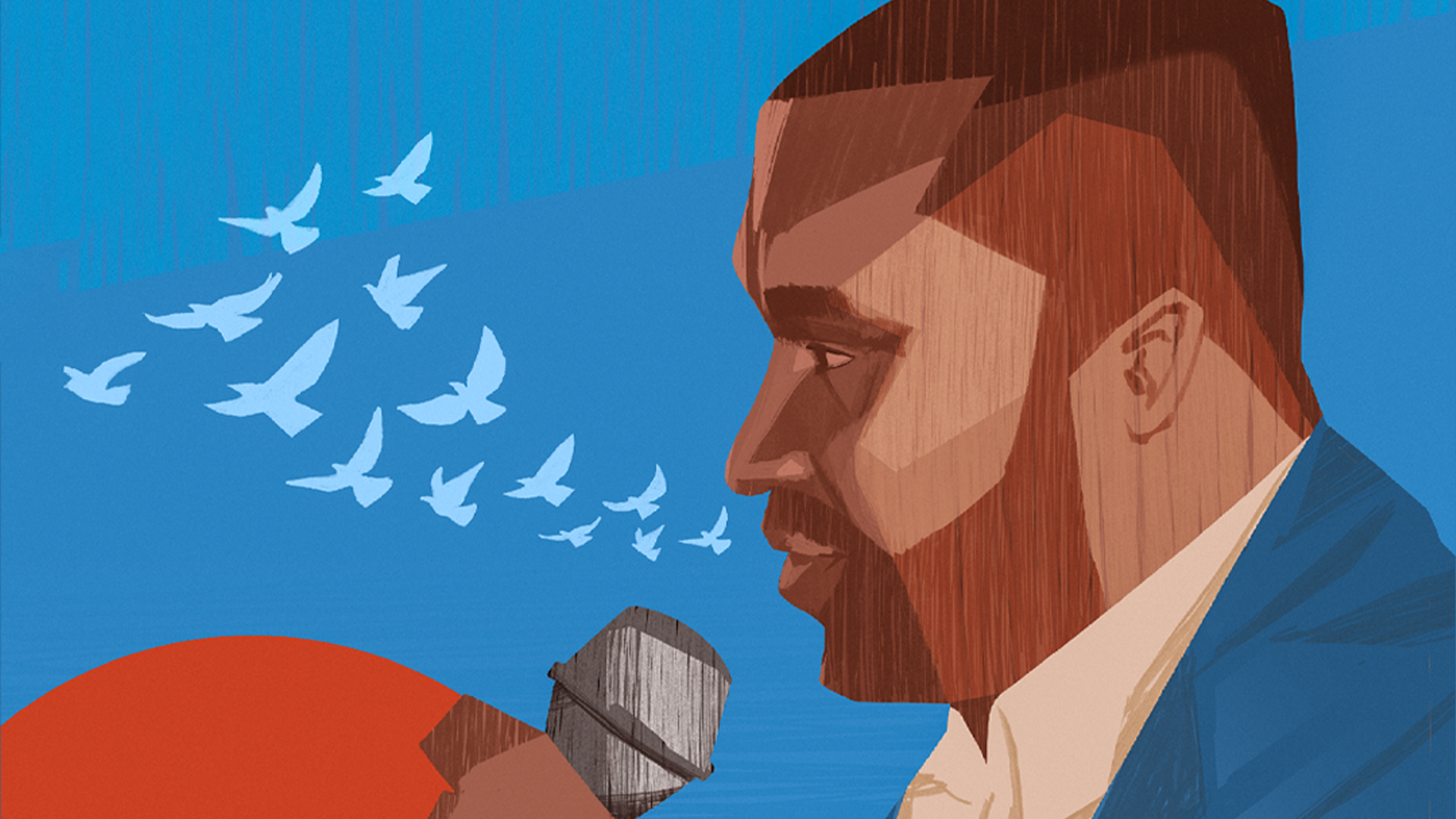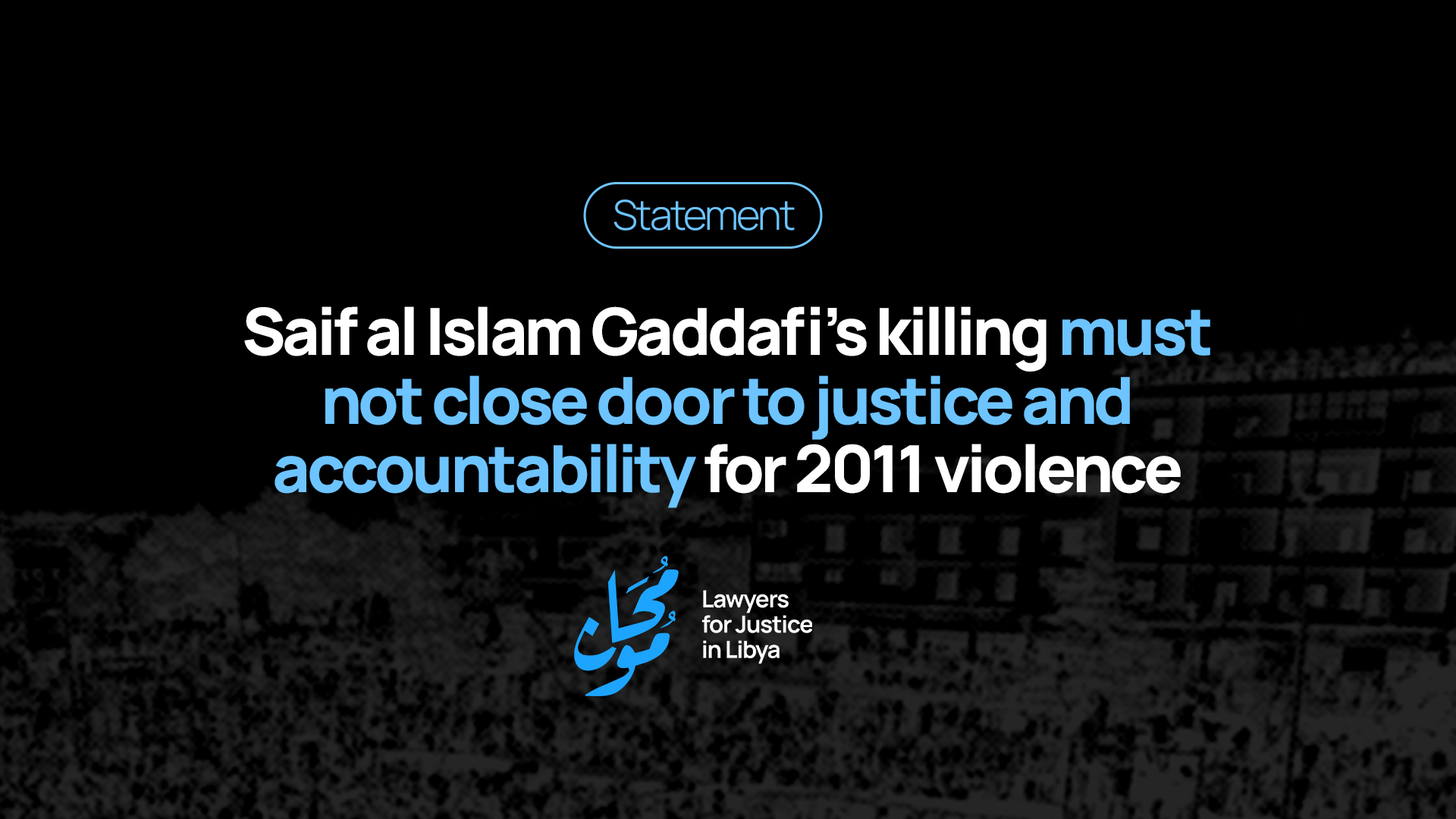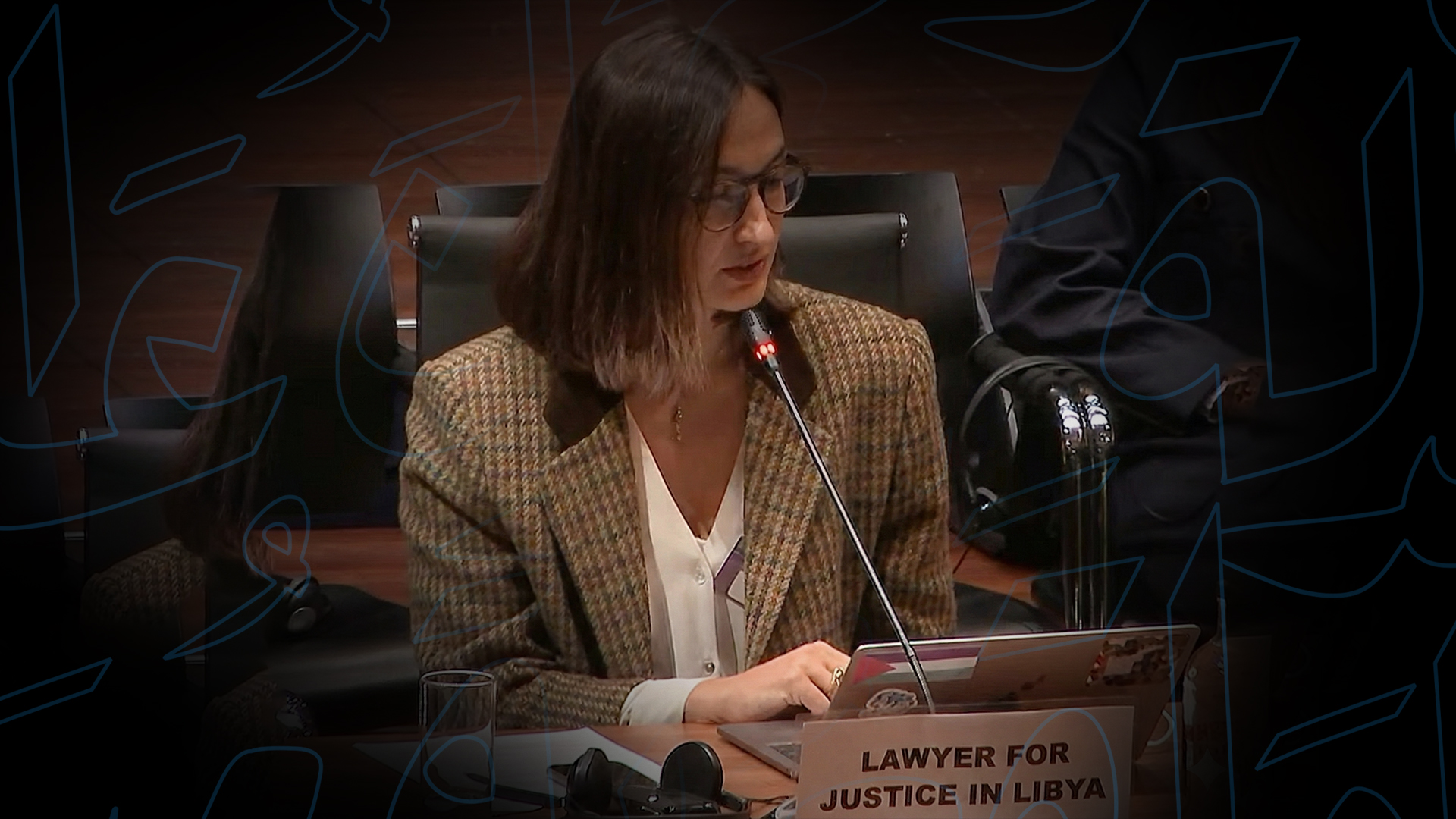Constitutional referendum must be fair, free and safe
"On this day in 2011, Libya adopted the Constitutional Declaration which sought to build consensus between disparate groups and establish equality between all Libyans. It paved the way for Libyans to exercise their democratic right to vote freely for the first time in decades” commented LFJL Director Elham Saudi. “As Libya moves towards a new constitutional era, it is timely to reflect on the inclusive spirit in which the Constitutional Declaration was agreed as a transitional roadmap and statement of intent to build a country in which human rights and freedoms are guaranteed.
”The Constitutional Drafting Assembly (CDA) has called for a referendum which will consider if its constitutional draft should become law. LFJL is concerned that security conditions and attempts to suppress media and civil society discussion may undermine the legitimacy of the constitution. To ensure that any constitution adopted reflects the will of the Libyan people the election law governing the referendum must guarantee their right to meaningful participation.
On Saturday 29 July, 43 of 44 CDA members in attendance voted in favour of a final draft constitution. The CDA has since called for the draft constitution to be put to national referendum, which must take place within 30 days according to the Constitutional Declaration. However, armed gunmen attempted to prevent the 29 July vote from taking place, showing the likelihood of violent disruption to a referendum. Since the announcement and publication of the July 2017 Draft, the CDA’s head of media has urged the press and civil society not to “interfere” in the process.
The elections to the CDA in 2014 were disrupted by violence which meant that 12 representatives joined the CDA after it had agreed its rules of procedure and started its work. As a result, whole communities were denied representation for part of the drafting process. The environment remains extremely hostile; without additional safeguards, it is doubtful that eligible Libyans from every community will have the opportunity to exercise their right to participate in a referendum freely. The High National Electoral Commission (HNEC) must have the power and budget to secure polling stations and monitor the process. The result of the referendum will only be legitimate if every Libyan has the opportunity to participate freely, safely and effectively.
The constitutional draft was not made public before the 29 July vote and there has not been public outreach to discuss its content. The lead up to the constitutional referendum must be an opportunity for a concerted awareness campaign on the content of the constitutional draft and its potential impact on human rights and fundamental freedoms. Efforts are also needed to raise awareness of the referendum vote and the means of participating. This outreach will ensure that every Libyan can make an informed decision when voting to accept or reject the constitutional draft. Through its own earlier Destoori project, LFJL has seen first hand the enthusiasm and nuanced understanding with which people across Libya came together to discuss constitutional issues. Members of the CDA and other state or influential bodies must not close spaces for civil society and the media to provide public constitutional discussion and engagement; they must be free and empowered to support this process.
The election law governing the referendum must support public participation. LFJL recommends that the election law:
- Allows sufficient time before the referendum vote to allow for inclusive public education and awareness raising to take place;
- Requires a supermajority of at least 67% in the referendum, as required by the Constitutional Declaration, and a minimum turnout to ensure that an approved and adopted constitution represents real consensus and will be a lasting document;
- Protects the interests of smaller communities and minorities by ensuring that voting districts are drawn to ensure minorities are fairly represented; and
- Empowers the HNEC to ensure that the referendum only occurs when safety, freedom to vote without coercion and a free media and civil society is guaranteed.
Elham Saudi noted, “The problem with the drafting process is that it has not, since its inception, represented or included all Libyans. For the vote and the constitution to hold legitimacy, it is necessary that individuals from every community have the opportunity to participate effectively and safely. Civil society and the media must be free to play the crucial role of conducting constitutional education and outreach to support the public, on all sides of the political spectrum, to make an informed decision.”





